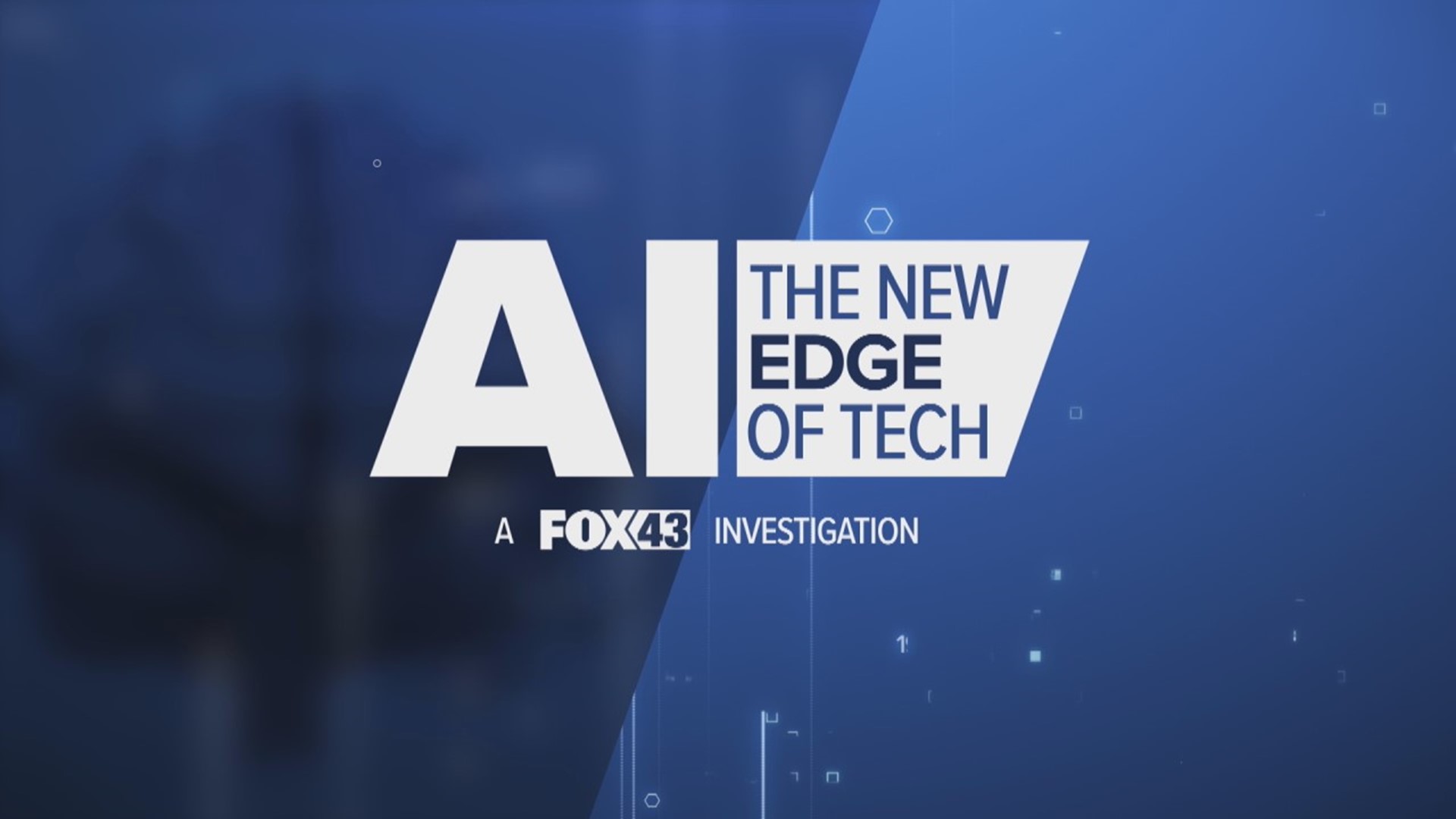PENNSYLVANIA, USA — At Sukura Japanese Cuisine in Silver Spring Township, Cumberland County you’ll receive a birthday greeting that’s hard to forget.
BellaBOT, the $15,000 robot cat, zips between tables serving hot dishes and drinks at the touch of a button.
Facing short staffing and COVID-19 concerns, restaurant management bought the bot during the pandemic. She doesn’t take a vacation and won’t ask for a raise (just don’t scratch her ears).
BellaBot isn’t the only game-changing technology impacting the industry.
"We have to acknowledge that generative AI is changing how work is being done," said Shomir Wilson, assistant professor at Penn State College of Information Sciences and Technology.
"Things that used to take huge computing power that would take weeks to run, can now be run at runtime by a scientist at their bench or at their computer in the lab," said Alister Campbell, the vice president of Dotmatics.
Dotmatics is helping scientists break new ground in drug development using AI.
"We want to essentially allow our customers to capture the highest quality data, to organize it in a fashion that allows them to reuse it and then provide that to the AI mechanisms that they are now generating, that they can hopefully bring products and drugs and therapies to market faster," Campbell said.
Dotmatics takes some of the heavy lifting out of the equation, letting scientists pinpoint effective compounds and helping clinicians tailor treatments.
"You can actually use markers or phenotyping of the patients to identify which patients would respond to the right drug at the right time," Campbell added.
"These systems can potentially make it simpler and quicker to offload some of these tasks," said Jamison Rotz, founder of Nearly Human AI.
At his Harrisburg-based company Rotz and his team help businesses and federal entities streamline their systems, creating AI mechanisms that complete specific tasks or provide customer support.
But could these technologies disrupt employment? While AI is increasingly effective, experts say the human role is still critical.
"These systems, right now, work best alongside a person as opposed to replacing a person," Rotz said.
"I think it’s possible in some fields that it’s going to perform as sort of a sidekick for humans," Wilson added. "A human can ask a system, ‘Write me a draft of this press release or this article or the source code for this computer program or maybe some graphics.’ Then, the human has to step in and make some tweaks to it to make sure that the result is actually what the person wanted."
As better technology emerges, AI will likely be able to complete more human tasks, impacting more industries.
Some are optimistic.
"I think it’s actually going to increase the value of human creativity," Rotz said. "My hope is that what this does is that the efficiency moves everybody’s position up the value chain a little bit more and gets them spending more of their time on the interesting portions of their job and less of their time on the menial portions of the job."
While others suggest human roles may need to be reimagined.
"I think that might be a sign that we should reevaluate what kinds of work we are creating," Wilson said. "Maybe that’s a signal to us that human’s role in this kind of content creation should be fundamentally different."
The experts we spoke to say AI systems still run more efficiently and accurately when they have human input, a fact that could protect many human roles, at least for now.

